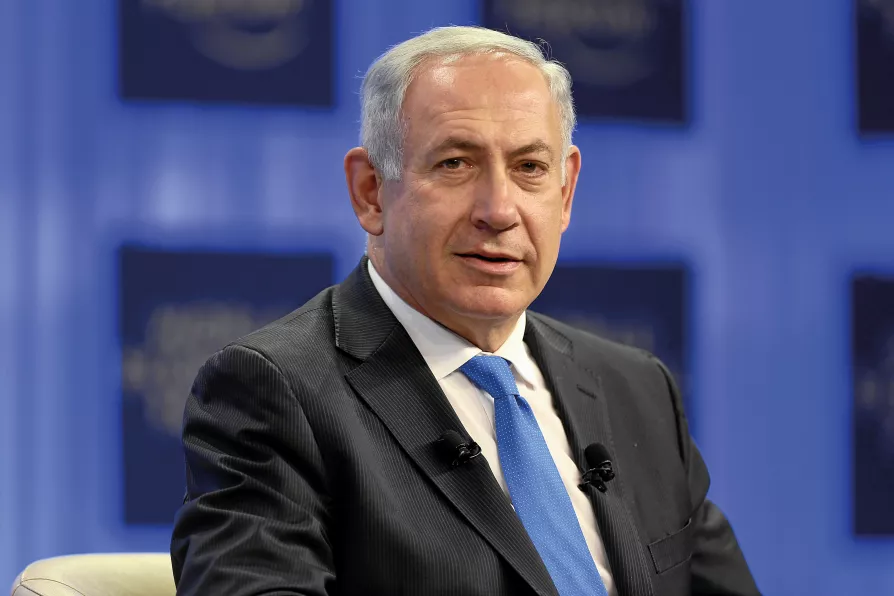The PM says Mandelson 'betrayed our values' – but ministers and advisers flock to line their pockets with corporate cash, says SOLOMON HUGHES

 [World Economic Forum/Jolanda Flubacher/Creative Commons]
[World Economic Forum/Jolanda Flubacher/Creative Commons]
SUDDENLY, Yoav Gallant, Israel’s notorious minister of defence, disappeared into obscurity. The man who served in his country’s military for about 35 years, in politics for nearly 10, and oversaw major wars, including the ongoing genocide in Gaza, quickly retreated from headlines and political significance.
In his resignation letter, Gallant accused Israeli Prime Minister Benjamin Netanyahu, who fired him on November 5, along with his replacement, Israel Katz, of endangering the country’s security. However, he kept his criticism largely focused on the issue of military conscription for Israel’s ultra-Orthodox community.
Gallant’s refusal to offer an exemption to Israel’s Haredim had always been a source of tension between him and his domineering boss. Yet, the political weight of that issue seems to have been greatly inflated by all parties, each with a political purpose in mind.

RAMZY BAROUD on how Israel’s narrative collides with military failure













